Here are my favorite poems about cheating categorized:
- Poems about cheating and forgiving
- Poems about cheating in a relationship
- Short poems about cheating
So if you want the best poems about cheating, then you’re in the right place.
Let’s get right into it!
- 75 Harrowing Poems About Forbidden Lovers
- 143 Piercing Poems About Loving Someone You Shouldn’t
- 85 Intimate Poems About Secret Love
- 69 Somber Poems About Loving Someone You Can’t Have
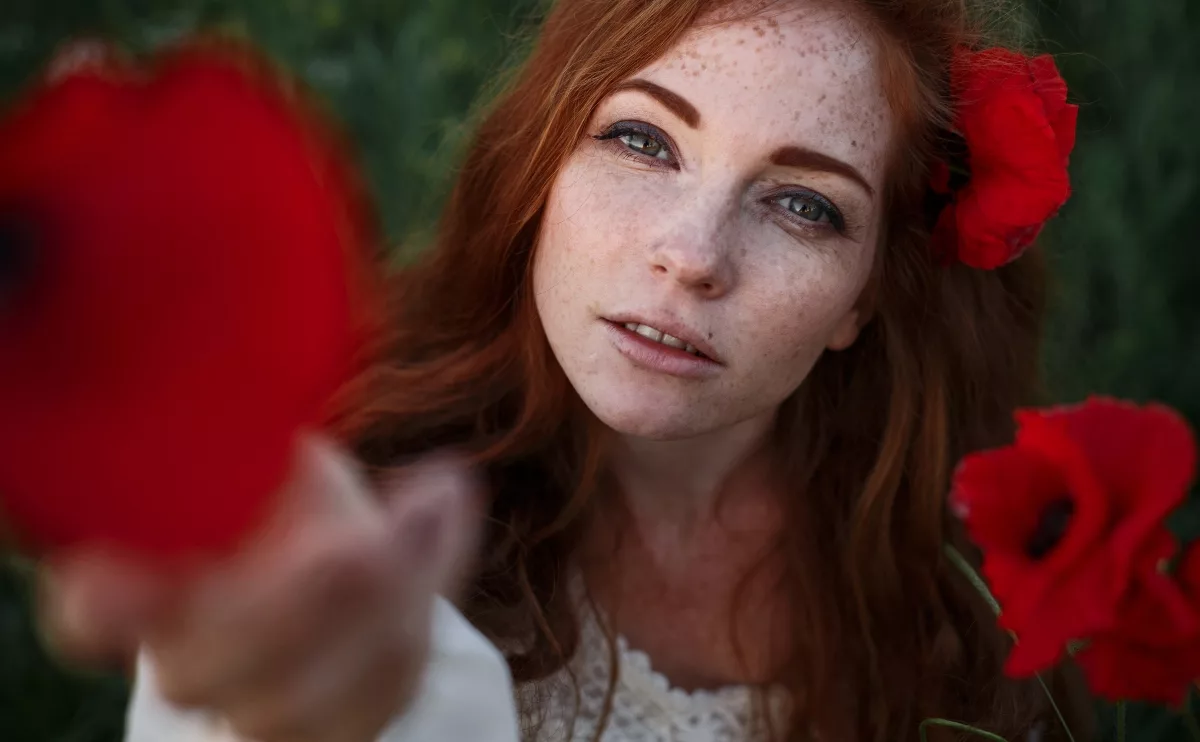
Enthralling Poems About Cheating
Explore the best handpicked poems about cheating, thoughtfully categorized for your convenience.
From longer works that delve into the complexities of infidelity and forgiveness, to shorter, poignant verses that capture the raw emotions of betrayal, this curated selection has it all.
Whether you’re a seasoned poetry enthusiast or new to the world of verse, there’s something for everyone in this carefully chosen collection.
Discover the power of these words to move and inspire as you immerse yourself in the world of poetic musings on infidelity.
Let’s jump right in!
My #1 Favorite Poem About Cheating

“Cheating Time” by Ella Wheeler Wilcox
Kiss me, sweetheart. One by one
Swift and sure the moments run.
Soon, too soon, for you and me
Gone for aye the day will be.
Do not let time cheat us then,
Kiss me often and again.
Every time a moment slips
Let us count it on our lips
While we’re kissing, strife and pain
Cannot come between us twain.
If we pause too long a space,
Who can tell what may take place?
You may pout, and I may scold,
Souls be sundered, hearts grow cold;
Death may come, and love take wings;
Oh! a thousand cruel things
May creep in to spoil the day,
If we throw the time away.
Let us time, the cheater, cheat,
Kiss me, darling, kiss me, sweet.
Poems About Cheating and Forgiving
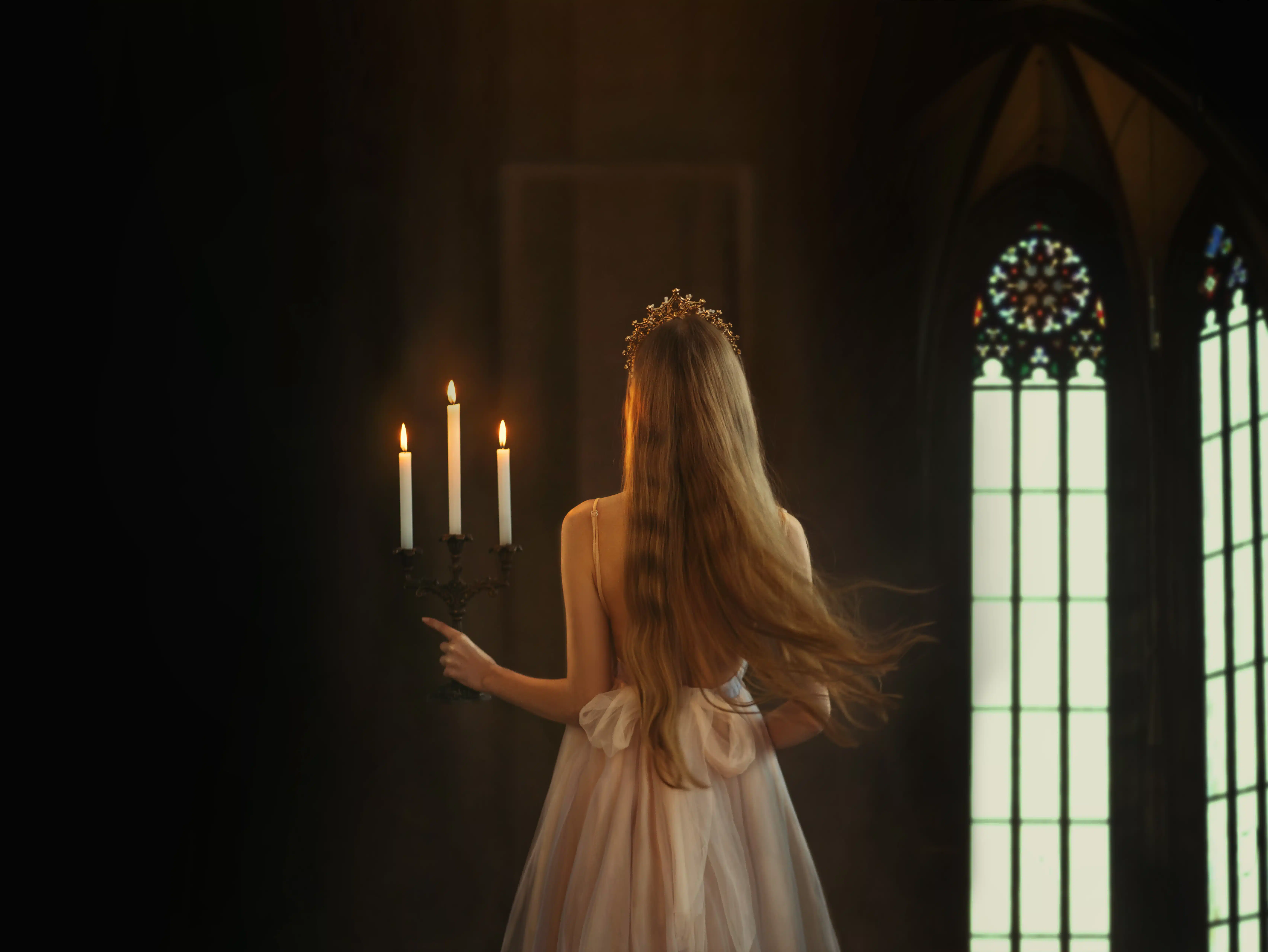
“Improvisations: Light and Snow 09” by Conrad Potter Aiken
This girl gave her heart to me,
And this, and this.
This one looked at me as if she loved me,
And silently walked away.
This one I saw once and loved, and never saw her again.
Shall I count them for you upon my fingers?
Or like a priest solemnly sliding beads?
Or pretend they are roses, pale pink, yellow, and white,
And arrange them for you in a wide bowl
To be set in sunlight?
See how nicely it sounds as I count them for you —
‘This girl gave her heart to me
And this, and this!
And nevertheless, my heart breaks when I think of them,
When I think their names,
And how, like leaves, they have changed and blown
And will lie, at last, forgotten,
Under the snow.
“Forgiveness” by John Greenleaf Whittier
My heart was heavy, for its trust had been
Abused, its kindness answered with foul wrong;
So, turning gloomily from my fellow-men,
One summer Sabbath day I strolled among
The green mounds of the village burial-place;
Where, pondering how all human love and hate
Find one sad level; and how, soon or late,
Wronged and wrongdoer, each with meekened face,
And cold hands folded over a still heart,
Pass the green threshold of our common grave,
Whither all footsteps tend, whence none depart,
Awed for myself, and pitying my race,
Our common sorrow, like a mighty wave,
Swept all my pride away, and trembling I forgave!
“The Nobleman’s Wedding” by William Allingham
I once was a guest at a Nobleman’s wedding;
Fair was the Bride, but she scarce had been kind,
And now in our mirth, she had tears nigh the shedding
Her former true lover still runs in her mind.
Attired like a minstrel, her former true lover
Takes up his harp, and runs over the strings;
And there among strangers, his grief to discover,
A fair maiden’s falsehood he bitterly sings.
‘Now here is the token of gold that was broken;
Seven long years it was kept for your sake;
You gave it to me as a true lover’s token;
No longer I’ll wear it, asleep or awake.’
She sat in her place by the head of the table,
The words of his ditty she mark’d them right well:
To sit any longer this bride was not able,
So down at the bridegroom’s feet she fell.
‘O one, one request, my lord, one and no other,
O this one request will you grant it to me?
To lie for this night in the arms of my mother,
And ever, and ever thereafter with thee.’
Her one, one request it was granted her fairly;
Pale were her cheeks as she went up to bed;
And the very next morning, early, early,
They rose and they found this young bride was dead.
The bridegroom ran quickly, he held her, he kiss’d her,
He spoke loud and low, and listen’d full fain;
He call’d on her waiting-maids round to assist her
But nothing could bring the lost breath back again.
O carry her softly! the grave is made ready;
At head and at foot plant a laurel-bush green;
For she was a young and a sweet noble lady,
The fairest young bride that I ever have seen.
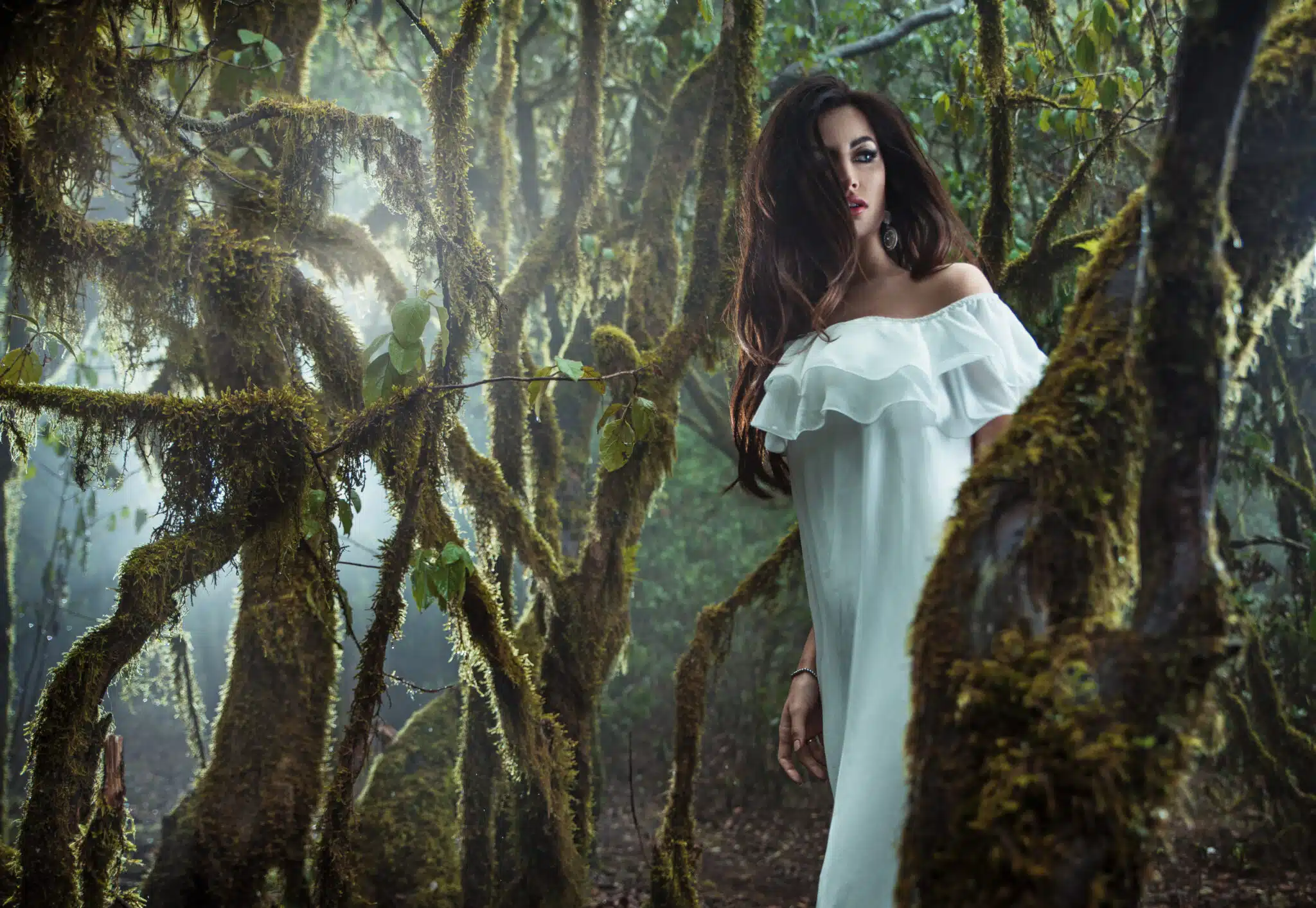
“False Though She Be” by Arthur Quiller-Couch
False though she be to me and love,
I’ll ne’er pursue revenge;
For still the charmer I approve,
Though I deplore her change.
In hours of bliss we oft have met:
They could not always last;
And though the present I regret,
I’m grateful for the past.
“Libido” by Rupert Brooke
How should I know? The enormous wheels of will
Drove me cold-eyed on tired and sleepless feet.
Night was void arms and you a phantom still,
And day your far light swaying down the street.
As never fool for love, I starved for you;
My throat was dry and my eyes hot to see.
Your mouth so lying was most heaven in view,
And your remembered smell most agony.
Love wakens love! I felt your hot wrist shiver
And suddenly the mad victory I planned
Flashed real, in your burning bending head. . . .
My conqueror’s blood was cool as a deep river
In shadow; and my heart beneath your hand
Quieter than a dead man on a bed.
“Secret Love” by Bjørnstjerne Bjørnson
He gloomily sat by the wall,
As gaily she danced with them all.
Her laughter’s light spell
On every one fell;
His heartstrings were near unto rending,
But this there was none comprehending.
She fled from the house, when at eve
He came there to take his last leave.
To hide her she crept,
She wept and she wept;
Her life-hope was shattered past mending,
But this there was none comprehending.
Long years dragged but heavily o’er,
And then he came back there once more.
-Her lot was the best,
In peace and at rest;
Her thought was of him at life’s ending,
But this there was none comprehending.
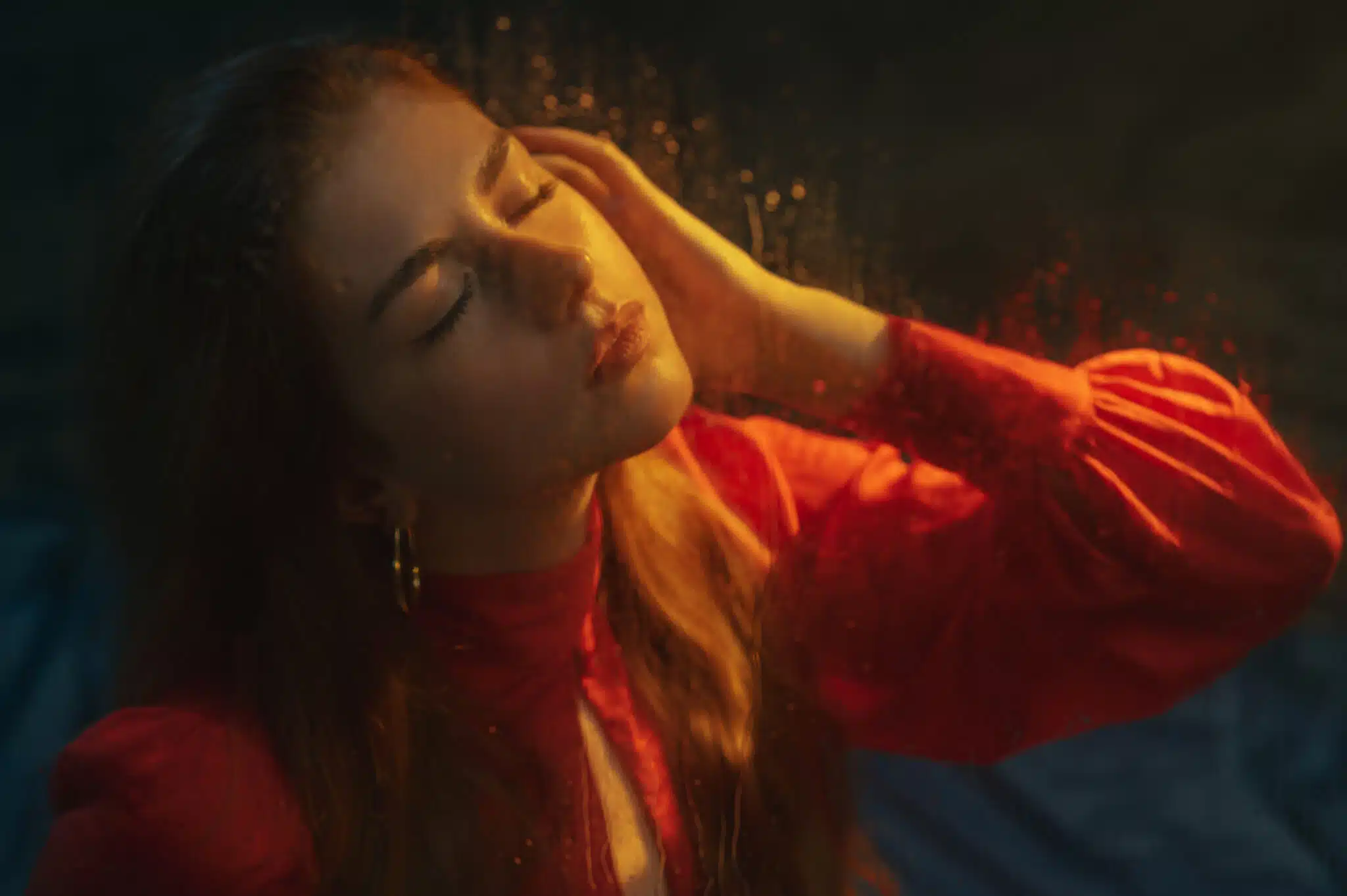
”Forgiveness” by George William Russell
At dusk the window panes grew grey;
The wet world vanished in the gloom;
The dim and silver end of day
Scarce glimmered through the little room.
And all my sins were told; I said
Such things to her who knew not sin—
The sharp ache throbbing in my head,
The fever running high within.
I touched with pain her purity;
Sin’s darker sense I could not bring:
My soul was black as night to me;
To her I was a wounded thing.
I needed love no words could say;
She drew me softly nigh her chair,
My head upon her knees to lay,
With cool hands that caressed my hair.
She sat with hands as if to bless,
And looked with grave, ethereal eyes;
Ensouled by ancient Quietness,
A gentle priestess of the Wise.
“Estranged” by Jean Blewett
“It is good-bye,” she said; “the world is wide,
There’s space for you and me to walk apart.
Though we have walked together side by side,
My thoughts all yours, my resting-place your heart,
We now will go our different ways. Forget
The happy past. I would not have you keep
One thought of me. Ah, yes, my eyes are wet;
My love is great, my grief must needs be deep.
“Yet I have strength to look at you, and say:
Forget it all, forget our souls were stirred,
Forget the sweetness of each dear, dead day,
The warm, impassioned kiss, the tender word,
The clinging handclasp, and the love-filled eyes –
Forget all these; but, when we walk apart
Remember this, though wilful and unwise,
No word of mine did ever hurt your heart.”
“The Silence of Love” by George William Russell
I could praise you once with beautiful words ere you came
And entered my life with love in a wind of flame.
I could lure with a song from afar my bird to its nest,
But with pinions drooping together silence is best.
In the land of beautiful silence the winds are laid,
And life grows quietly one in the cloudy shade.
I will not waken the passion that sleeps in the heart,
For the winds that blew us together may blow us apart.
Fear not the stillness; for doubt and despair shall cease
With the gentle voices guiding us into peace.
Our dreams will change as they pass through the gates of gold,
And Quiet, the tender shepherd, shall keep the fold.

“Forgiven” by Charles Hamilton Musgrove
I might have met his anger with a smile
For so it was that I had set my heart
To mask deception with a wanton’s guile,
And save the tears that now begin to start.
I might have worn my guilty crown of thorn,–
Yea, even worn it gladly like a prize;
But, oh! more bitter than his rage or scorn,
He left me with forgiveness in his eyes.
Poems About Cheating in a Relationship

“The Snake That Dances” by Charles Baudelaire
How I love to watch, dear indolence,
like a bright shimmer,
of fabric, the skin of your elegant
body glimmer!
Over the bitter-tasting perfume,
the depths of your hair,
odorous, restless spume,
blue, and brown, waves, there,
like a vessel that stirs, awake
when dawn winds rise,
my dreaming soul sets sail
for those distant skies.
Your eyes where nothing’s revealed
either acrid or sweet,
are two cold jewels where steel
and gold both meet.
Seeing your rhythmic advance,
your fine abandon,
one might speak of a snake that danced
at the end of the branch it’s on.
Under its burden of languidness,
your head’s child-like slant,
rocks with weak listlessness
like a young elephant’s,
and your body heels and stretches
like some trim vessel
that rocking from side to side, plunges
its yards in the swell.
As when the groaning glacier’s thaw
fills the flowing stream,
so when your mouth’s juices pour
to the tip of your teeth,
I fancy I’m drinking overpowering, bitter,
Bohemian wine,
that over my heart will scatter
its stars, a liquid sky!
“To an Old Friend in England” by Francis William Lauderdale Adams
Was it for nothing in the years gone by,
O my love, O my friend,
You thrilled me with your noble words of faith? –
Hope beyond life, and love, love beyond death!
Yet now I shudder, and yet you did not die,
O my friend, O my love!
Was it for nothing in the dear dead years,
O my love, O my friend,
I kissed you when you wrung my heart from me,
And gave my stubborn hand where trust might be?
Yet then I smiled, and see, these bitter tears,
O my friend, O my love!
No bitter words to say to you have I,
O my love, O my friend!
That faith, that hope, that love was mine, not yours!
And yet that kiss, that clasp endures, endures.
I have no bitter words to say. Good-bye,
O my friend, O my love!
“The Sin” by Margaret Steele Anderson
That haunting air had some far strain of it,
That morning rose hath flung it back to met
The wind of spring, the ancient, awful sea.
Bid me remember it.
And looking back against the look of Love,
I feel the old shame start again and sting;
Such eyes are Love’s they will not ask the thing,
But I remember it!
So this one dream of heaven I dare not dream :
We two in your familiar ways and high.
While you and God forget, and even I
Cannot remember it!

“Love’s Secret” by William Blake
Never seek to tell thy love
Love that never told can be;
For the gentle wind does move
Silently, invisibly.
I told my love, I told my love,
I told her all my heart,
Trembling, cold, in ghastly fears
Ah, she doth depart.
Soon as she was gone from me
A traveller came by
Silently, invisibly
O, was no deny.
“Enthralled” by Alfred Bryan
Teach me to sin—
In love’s forbidden ways,
For you can make all passion pure;
The magic lure of your sweet eyes
Each shape of sin makes virtue praise.
Teach me to sin—
Enslave me to your wanton charms,
Crush me in your velvet arms
And make me, make me love you.
Make me fire your blood with new desire,
And make me kiss you—lip and limb,
Till senses reel and pulses swim.
Aye! even if you hate me,
Teach me to sin.
“Since We Your Husband Daily See” by Matthew Prior
Since we your husband daily see
So jealous out of season,
Phillis, let you and I agree
To make him so with reason.
I’m vext to think, that every night
A sot, within thy arms,
Tasting the most divine delight,
Should sully all your charms;
While fretting I must lie alone,
Cursing the powers divine,
That undeservedly have thrown
A pearl unto a swine.
Then, Phillis, heal my wounded heart,
My burning passion cool;
Let me at least in thee have part
With thy insipid fool.

“True Love” by John Donne
Love bred of glances ’twixt amorous eyes,
Like children’s fancies, soon bred, soon dies.
Guilt, bitterness and smiling woe
Doth oft deceive poor lovers so,
And the fond sense the unwary soul deceives
With deadly poison wrapt in lily leaves.
But hearts so chain’d, ’tis goodness stands
With truth unstain’d to couple hands.
Love being to all beauty blind,
Save the clear beauties of the mind,
Where reason is pleased, continual blisses shedding,
Angels are guests and dance at his blest wedding.
“Keepsake Mill” by Robert Louis Stevenson
Over the borders, a sin without pardon,
Breaking the branches and crawling below,
Out through the breach in the wall of the garden,
Down by the banks of the river, we go.
Here is the mill with the humming of thunder,
Here is the weir with the wonder of foam,
Here is the sluice with the race running under—
Marvellous places, though handy to home!
Sounds of the village grow stiller and stiller,
Stiller the note of the birds on the hill;
Dusty and dim are the eyes of the miller,
Deaf are his ears with the moil of the mill.
Years may go by, and the wheel in the river
Wheel as it wheels for us, children, to-day,
Wheel and keep roaring and foaming for ever
Long after all of the boys are away.
Home from the Indies and home from the ocean,
Heroes and soldiers we all shall come home;
Still we shall find the old mill wheel in motion,
Turning and churning that river to foam.
You with the bean that I gave when we quarrelled,
I with your marble of Saturday last,
Honoured and old and all gaily apparelled,
Here we shall meet and remember the past.
“Phyllida and Corydon” by Nicholas Breton
In the merry month of May,
In a morn by break of day,
With a troop of damsels playing
Forth I rode, forsooth, a-maying,
When anon by a woodside,
Where as May was in his pride,
I espied, all alone,
Phyllida and Corydon.
Much ado there was, God wot!
He would love, and she would not:
She said, never man was true;
He says, none was false to you.
He said, he had loved her long:
She says, Love should have no wrong.
Corydon would kiss her then,
She says, maids must kiss no men,
Till they do for good and all.
Then she made the shepherd call
All the heavens to witness, truth
Never loved a truer youth.
Thus with many a pretty oath,
Yea, and nay, and faith and troth! –
Such as silly shepherds use
When they will not love abuse;
Love, which had been long deluded,
Was with kisses sweet concluded:
And Phyllida, with garlands gay,
Was made the lady of the May.

“You’d Entertain the Universe in Bed” by Charles Baudelaire
You’d entertain the universe in bed,
Foul woman; ennui makes you mean of soul.
To exercise your jaws at this strange sport
Each day you work a heart between your teeth.
Your eyes, illuminated like boutiques
Or blazing stanchions at a public fair,
Use haughtily a power not their own,
With no awareness of their beauty’s law.
Blind, deaf machine, fertile in cruelties!
Valuable tool, that drinks the whole world’s blood,
Why are you not ashamed, how have you not
In mirrors seen your many charms turn pale?
The magnitude of all your evil schemes,
Has this, then, never shrunk your heart with fear,
When Nature, mighty in her secret plans,
Makes use of you, o woman! queen of sins!
Of you, vile beast – to mould a genius?
O filthy grandeur! o sublime disgrace!
“Love” by Nicholas Breton
Foolish love is only folly;
Wanton love is too unholy;
Greedy love is covetous;
Idle love is frivolous;
But the gracious love is it
That doth prove the work of it.
Beauty but deceives the eye;
Flattery leads the ear awry;
Wealth doth but enchant the wit;
Want, the overthrow of it;
While in Wisdom’s worthy grace,
Virtue sees the sweetest face.
There hath Love found out his life,
Peace without all thought of strife;
Kindness in Discretion’s care;
Truth, that clearly doth declare
Faith doth in true fancy prove,
Lust the excrements of Love.
Then in faith may fancy see
How my love may constru’d be;
How it grows and what it seeks;
How it lives and what it likes;
So in highest grace regard it,
Or in lowest scorn discard it.
“The Lie” by John Donne
Sir, say not that you love, unless you do,
For often lying will dishonour you.
Lady, I love, and therefore love to do,
And will not lie, unless I lie with you.
You say I lie, I say you lie, judge whether;
If we then both do lie, let’s lie together.

“The Way That Lovers Use” by Rupert Brooke
The way that lovers use is this;
They bow, catch hands, with never a word,
And their lips meet, and they do kiss,
So I have heard.
They queerly find some healing so,
And strange attainment in the touch;
There is a secret lovers know,
I have read as much.
And theirs no longer joy nor smart,
Changing or ending, night or day;
But mouth to mouth, and heart on heart,
So lovers say.
“The Last Time I Cam O’Er the Moor” by Robert Burns
The last time I came o’er the moor,
And left Maria’s dwelling,
What throes, what tortures passing cure,
Were in my bosom swelling:
Condemn’d to see my rival’s reign,
While I in secret languish;
To feel a fire in every vein,
Yet dare not speak my anguish.
Love’s veriest wretch, despairing, I
Fain, fain, my crime would cover;
Th’ unweeting groan, the bursting sigh,
Betray the guilty lover.
I know my doom must be despair,
Thou wilt nor canst relieve me;
But oh, Maria, hear my prayer,
For Pity’s sake forgive me!
The music of thy tongue I heard,
Nor wist while it enslav’d me;
I saw thine eyes, yet nothing fear’d,
Till fear no more had sav’d me:
The unwary sailor thus, aghast,
The wheeling torrent viewing,
’Mid circling horrors yields at last
To overwhelming ruin.
“The Faithless Shepherdess” by Anonymous
While that the sun with his beams hot
Scorchèd the fruits in vale and mountain,
Philon the shepherd, late forgot,
Sitting beside a crystal fountain
In the shadow of a green oak tree,
Upon his pipe this song play’d he:
Adieu, Love, adieu, Love, untrue Love!
Untrue Love, untrue Love, adieu, Love!
Your mind is light, soon lost for new love.
So long as I was in your sight
I was your heart, your soul, your treasure;
And evermore you sobb’d and sigh’d
Burning in flames beyond all measure:
Three days endured your love to me,
And it was lost in other three!
Adieu, Love, adieu, Love, untrue Love!
Untrue Love, untrue Love, adieu, Love!
Your mind is light, soon lost for new love.
Another shepherd you did see,
To whom your heart was soon enchainèd;
Full soon your love was leapt from me,
Full soon my place he had obtainèd.
Soon came a third your love to win,
And we were out and he was in.
Adieu, Love, adieu, Love, untrue Love!
Untrue Love, untrue Love, adieu, Love!
Your mind is light, soon lost for new love.
Sure you have made me passing glad
That you your mind so soon removèd,
Before that I the leisure had
To choose you for my best belovèd:
For all my love was pass’d and done
Two days before it was begun.
Adieu, Love, adieu, Love, untrue Love!
Untrue Love, untrue Love, adieu, Love!
Your mind is light, soon lost for new love.

“Why” by Ella Wheeler Wilcox
Why do eyes that were tender,
Averted, turn away?
Why has our dear love’s splendour
All faded into gray?
Why is it that lips glow not
That late were all aglow?
I know not, dear, I know not,
I only know ’tis so.
Why do you no more tremble
Now when I kiss your cheek?
Why do we both dissemble
The thoughts we used to speak?
Why is it that words flow not
That used to fondly flow?
I know not, dear, I know not,
I only know ’tis so.
Have we outlived the passion
That late lit earth and sky?
And is this but the fashion
A fond love takes to die?
Is it, that we shall know not
Again love’s rapture glow?
I trust not, sweet, I trust not –
And yet it may be so.
“Sonnet 41” by William Shakespeare
Those pretty wrongs that liberty commits,
When I am sometime absent from thy heart,
Thy beauty, and thy years full well befits,
For still temptation follows where thou art.
Gentle thou art, and therefore to be won,
Beauteous thou art, therefore to be assail’d;
And when a woman woos, what woman’s son
Will sourly leave her till he have prevail’d?
Ay me! but yet thou mightst my seat forbear,
And chide thy beauty and thy straying youth,
Who lead thee in their riot even there
Where thou art forced to break a twofold truth:
Hers by thy beauty tempting her to thee,
Thine by thy beauty being false to me.
“Sonnet 139” by William Shakespeare
O! call not me to justify the wrong
That thy unkindness lays upon my heart;
Wound me not with thine eye, but with thy tongue:
Use power with power, and slay me not by art,
Tell me thou lov’st elsewhere; but in my sight,
Dear heart, forbear to glance thine eye aside:
What need’st thou wound with cunning, when thy might
Is more than my o’erpressed defence can bide?
Let me excuse thee: ah! my love well knows
Her pretty looks have been mine enemies;
And therefore from my face she turns my foes,
That they elsewhere might dart their injuries:
Yet do not so; but since I am near slain,
Kill me outright with looks, and rid my pain.

“To His Inconstant Mistress” by Thomas Carew
When thou, poor Excommunicate
From all the joys of Love, shalt see
The full reward and glorious fate
Which my strong faith shall purchase me,
Then curse thine own inconstancy!
A fairer hand than thine shall cure
That heart which thy false oaths did wound;
And to my soul a soul more pure
Than thine shall by Love’s hand be bound,
And both with equal glory crowned.
Then shalt thou weep, entreat, complain
To Love, as I did once to thee;
When all thy tears shall be in vain
As mine were then: for thou shalt be
Damn’d for thy false apostasy.
“The Betrayal” by Alice Furlong
When you were weary, roaming the wide world, over,
I gave my fickle heart to a new lover.
Now they tell me that you are lying dead:
O mountains fall on me and hide my head!
When you lay burning in the throes of fever,
He vowed me love by the willow-margined river:
Death smote you there—here was your trust betrayed,
O darkness, cover me, I am afraid!
Yea, in the hour of your supremest trial,
I laughed with him! The shadows on the dial
Stayed not, aghast at my dread ignorance:
Nor man nor angel looked at me askance.
Under the mountains there is peace abiding,
Darkness shall be pavilion for my hiding,
Tears shall blot out the sin of broken faith,
The lips that falsely kissed, shall kiss but Death.
“Forbidden Lave” by Lady Currie
Oh, love! thou that shelterest some
’Neath thy wings, so white and warm,
Wherefore on a bat-like wing
All disguisèd didst thou come
In so terrible a form?
As a dark forbidden thing,
As a demon of the air—
As a sorrow and a sin,
Wherefore cam’st thou thus to me,
As a tempter and a snare?
When the heart that beats within
This, my bosom, warm’d to thee,
Was it from a love of sinning,
From a fatal love of wrong,
From a wish to shun the light?
Nay! I swear at the beginning
Hadst thou sung an angel’s song,—
Had this wrong thing been the right,
Thou hadst seem’d as worth the winning,
And with will as firm and strong
I had lov’d with all my might.

“Ballade of the Golfer in Love” by Clinton Scollard
In the “foursome” some would fain
Find nepenthe for their woe;
Following through shine or rain
Where the “greens” like satin show;
But I vote such sport as “slow”
Find it rather glum and gruesome;
With a little maid I know
I would play a quiet “twosome”!
In the “threesome,” some maintain,
Lies excitement’s gayest glow,
Strife that mounts unto the brain
Like the sparkling Veuve Clicquot;
My opinion? Nay, not so!
Noon or eve or morning dewsome
With a little maid I know
I would play a quiet “twosome”!
Bays of glory some would gain
With grim “Bogey” for their foe;
(He’s a bogey who’s not slain
Save one smite with canny blow!)
Yet I hold this tame, and though
My refrain seems trite, ’tis truesome;
With a little maid I know
I would play a quiet “twosome”!
envoy
Comrades all who golfing go,
Happiness, if you would view some,
With a little maid you know,
Haste and play a quiet “twosome”!
“Wild Nights—Wild Nights!” by Emily Dickinson
Wild Nights – Wild Nights!
Were I with thee
Wild Nights should be
Our luxury!
Futile – the winds –
To a heart in port –
Done with the compass –
Done with the chart!
Rowing in Eden –
Ah, the sea!
Might I moor – Tonight –
In thee!
“New and Old” by Ella Wheeler Wilcox
I and new love, in all its living bloom,
Sat vis-a-vis, while tender twilight hours
Went softly by us, treading as on flowers.
Then suddenly I saw within the room
The old love, long since lying in its tomb.
It dropped the cerecloth from its fleshless face
And smiled on me, with a remembered grace
That, like the noontide, lit the gloaming’s gloom.
Upon its shroud there hung the grave’s green mould,
About it hung the odor of the dead;
Yet from its cavernous eyes such light was shed
That all my life seemed gilded, as with gold;
Unto the trembling new love ‘”Go,” I said
“I do not need thee, for I have the old.”

“Constancy” by Arthur Macy
I first saw Phebe when the show’rs
Had just made brighter all the flow’rs;
Yet she was fair
As any there,
And so I loved her hours and hours.
Then I met Helen, and her ways
Set my untutored heart ablaze.
I loved at sight
And deemed it right
To worship her for days and days.
Yet when I gazed on Clara’s cheeks
And spoke the language Cupid speaks,
O’er all the rest
She seemed the best,
And so I loved her weeks and weeks.
But last of Love’s sweet souvenirs
Was Delia with her sighs and tears.
Of her it seemed
I’d always dreamed,
And so I loved her years and years.
But now again with Phebe met,
I love the first one of the set.
“Fickle,” you say?
I answer, “Nay,
My heart is true to one quartette.”
“The Vow Forsworn” by Charles Hamilton Musgrove
Unweariedly he watches for the sign,
The sign I promised from the farthest goal,
My lover of a world no longer mine,
My human lover with his human soul.
Unweariedly he waits from day to day,
Nor knows, as I know now, that when we meet,
‘Twill be as dewdrop on the hawthorn spray,–
The ultimate of God at last complete.
He still remembers that my eyes were blue,
Still dreams the autumn russet of my hair;
“In God’s own time,” he said, “I’ll come to you;
You will be waiting; I will find you there!”
But now I know that he must never hear
The message that I promised to impart,
For should I breathe the secret in his ear
His soul would hearken–but ‘twould break his heart!
“To an Inconstant One” by Sir Robert Ayton
I loved thee once; I’ll love no more—
Thine be the grief as is the blame;
Thou art not what thou wast before,
What reason I should be the same?
He that can love unloved again,
Hath better store of love than brain:
God send me love my debts to pay,
While unthrifts fool their love away!
Nothing could have my love o’erthrown
If thou hadst still continued mine;
Yea, if thou hadst remain’d thy own,
I might perchance have yet been thine.
But thou thy freedom didst recall
That it thou might elsewhere enthral:
And then how could I but disdain
A captive’s captive to remain?
When new desires had conquer’d thee
And changed the object of thy will,
It had been lethargy in me,
Not constancy, to love thee still.
Yea, it had been a sin to go
And prostitute affection so:
Since we are taught no prayers to say
To such as must to others pray.
Yet do thou glory in thy choice—
Thy choice of his good fortune boast;
I’ll neither grieve nor yet rejoice
To see him gain what I have lost:
The height of my disdain shall be
To laugh at him, to blush for thee;
To love thee still, but go no more
A-begging at a beggar’s door.

“Sonnet 151” by William Shakespeare
Love is too young to know what conscience is,
Yet who knows not conscience is born of love?
Then, gentle cheater, urge not my amiss,
Lest guilty of my faults thy sweet self prove:
For, thou betraying me, I do betray
My nobler part to my gross body’s treason;
My soul doth tell my body that he may
Triumph in love; flesh stays no farther reason,
But rising at thy name doth point out thee,
As his triumphant prize. Proud of this pride,
He is contented thy poor drudge to be,
To stand in thy affairs, fall by thy side.
No want of conscience hold it that I call
Her love, for whose dear love I rise and fall.
“Against Constancy” by John Wilmot
Tell me no more of constancy,
The frivolous pretense
Of old age, narrow jealousy,
Disease, and want of sense.
Let duller fools on whom kind chance
Some easy heart has thrown,
Despairing higher to advance,
Be kind to one alone.
Old men and weak, whose idle flame,
Their own defects discovers,
Since changing can but spread their shame,
Ought to be constant lovers,
But we, whose hearts do justly swell
With no vainglorious pride,
Who know how we in love excel,
Long to be often tried.
Then bring my bath and strew my bed,
As each kind night returns:
I’ll change a mistress till I’m dead,
And fate change me for worms.
“Love’s Fashion” by John Charles McNeill
Oh, I can jest with Margaret
And laugh a gay good-night,
But when I take my Helen’s hand
I dare not clasp it tight.
I dare not hold her dear white hand
More than a quivering space,
And I should bless a breeze that blew
Her hair into my face.
‘T is Margaret I call sweet names:
Helen is too, too dear
For me to stammer little words
Of love into her ear.
So now, good-night, fair Margaret,
And kiss me e’er we part!
But one dumb touch of Helen’s hand,
And, oh, my heart, my heart!

“A Virtuous Wife” by Edward Powys Mathers
One moment I place your two bright pearls against my robe,
And the red silk mirrors a rose in each.
Why did I not meet you before I married?
See, there are two tears quivering at my lids;
I am giving back your pearls.
“Secrecy Protested” by Thomas Carew
Fear not, dear love, that I’ll reveal
Those hours of pleasure we two steal;
No eye shall see, nor yet the sun
Descry, what thou and I have done.
No ear shall hear our love, but we
Silent as the night will be;
The god of love himself (whose dart
Did first wound mine and then thy heart),
Shall never know that we can tell
What sweets in stol’n embraces dwell.
This only means may find it out;
If, when I die, physicians doubt
What caused my death, and there to view
Of all their judgements which was true,
Rip up my heart, oh! then, I fear,
The world will see thy picture there.
“To a Poet” by Richard Le Gallienne
As one, the secret lover of a queen,
Watches her move within the people’s eye,
Hears their poor chatter as she passes by,
And smiles to think of what his eyes have seen;
The little room where love did ‘shut them in,’
The fragrant couch whereon they twain did lie,
And rests his hand where on his heart doth die
A bruised daffodil of last night’s sin:
So, Poet, as I read your rhyme once more
Here where a thousand eyes may read it too,
I smile your own sweet secret smile at those
Who deem the outer petals of the rose
The rose’s heart – I, who through grace of you,
Have known it for my own so long before.

“Revelation” by Robert Frost
We make ourselves a place apart
Behind light words that tease and flout,
But oh, the agitated heart
Till someone find us really out.
’Tis pity if the case require
(Or so we say) that in the end
We speak the literal to inspire
The understanding of a friend.
But so with all, from babes that play
At hide-and-seek to God afar,
So all who hide too well away
Must speak and tell us where they are.
“The Other Woman” by Madison Julius Cawein
You have shut me out from your tears and grief
Over the man laid low and hoary.
Listen to me now: I am no thief!–
You have shut me out from your tears and grief,–
Listen to me, I will tell my story.
The love of a man is transitory.–
What do you know of his past? the years
He gave to another his manhood’s glory?–
The love of a man is transitory.
Listen to me now: open your ears.
Over the dead have done with tears!
Over the man who loved to madness
Me the woman you met with sneers,–
Over the dead have done with tears!
Me the woman so sunk in badness.
He loved me ever, and that is gladness!–
There by the dead now tell her so;
There by the dead where she bows in sadness.–
He loved me ever, and that is gladness!–
Mine the gladness and hers the woe.
The best of his life was mine. Now go,
Tell her this that her pride may perish,
Her with his name, his wife, you know!
The best of his life was mine. Now go,
Tell her this so she cease to cherish.
Bury him then with pomp and flourish!
Bury him now without my kiss!
Here is a thing for your hearts to nourish,–
Bury him then with pomp and flourish!
Bury him now I have told you this.
Short Poems About Cheating
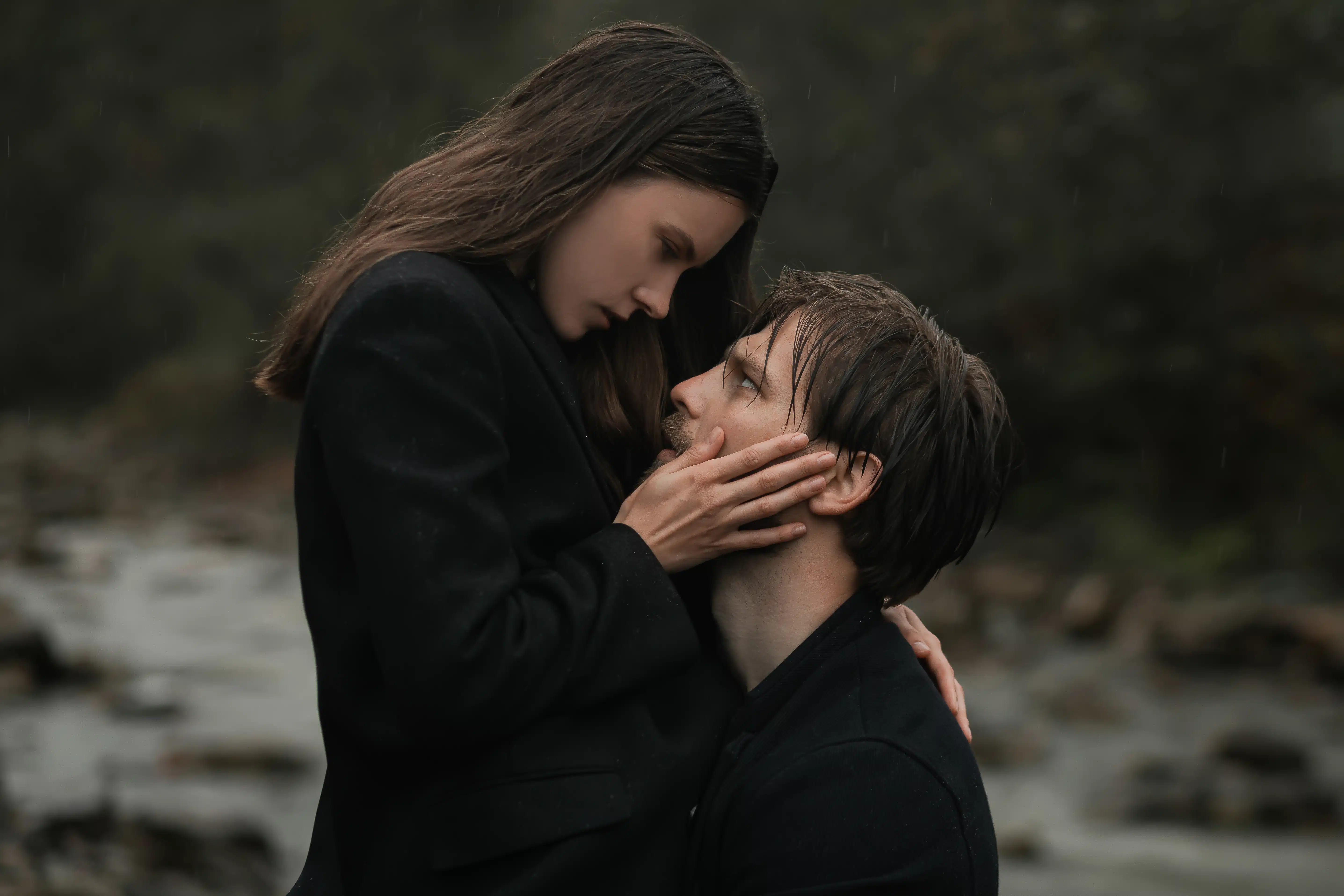
“Unfortunate Coincidence” by Dorothy Parker
By the time you swear you’re his,
Shivering and sighing,
And he vows his passion is
Infinite, undying—
Lady, make a note of this:
One of you is lying.
“Aedh Laments the Loss of Love” by W.B. Yeats
Pale brows, still hands and dim hair,
I had a beautiful friend
And dreamed that the old despair
Would end in love in the end:
She looked in my heart one day
And saw your image was there;
She has gone weeping away.
”A Drinking Song” by W.B. Yeats
Wine comes in at the mouth
And love comes in at the eye;
That’s all we shall know for truth
Before we grow old and die.
I lift the glass to my mouth,
I look at you, and I sigh.

“False Love and True Logic” by Samuel Laman Blanchard
The Disconsolate
My heart will break, I’m sure it will:
My lover, yes, my favorite, he
Who seemed my own through good and ill,
Has basely turned his back on me.
The Comforter
Ah! silly sorrower, weep no more;
Your lover’s turned his back, we see;
But you had turned his head before,
And now he’s as he ought to be.
“I Know a Man” by Yehuda Amichai
I know a man
who photographed the view he saw
from the window of the room where he made love
and not the face of the woman he loved there.
“Charging of His Love as Unpiteous and Loving Other” by Sir Thomas Wyatt
If amorous faith, or if a heart unfeigned,
A sweet langour, a great lovely desire,
If honest will kindled in gentle fire,
If long error in a blind maze chained,
If in my visage each thought distained,
Or if my sparkling voice, lower, or higher,
Which fear and shame so wofully doth tire;
If pale colour, which love, alas, hath stained,
If to have another than myself more dear,
If wailing or sighing continually,
With sorrowful anger feeding busily,
If burning far off, and if freezing near,
Are cause that I by love myself destroy,
Yours is the fault, and mine the great annoy.

“Along the Hard Crust” by Anna Akhmatova
Along the hard crust of deep snows,
To the secret, white house of yours,
So gentle and quiet we both
Are walking, in silence half-lost.
And sweeter than all songs, sung ever,
Are this dream, becoming the truth,
Entwined twigs a-nodding with favor,
The light ring of your silver spurs.
“To a Young Girl” by W.B. Yeats
My dear, my dear, I know
More than another
What makes your heart beat so;
Not even your own mother
Can know it as I know,
Who broke my heart for her
When the wild thought,
That she denies
And has forgot,
Set all her blood astir
And glittered in her eyes.
“Why Should I Care for the Men of Thames” by William Blake
Why should I care for the men of thames
Or the cheating waves of charter’d streams
Or shrink at the little blasts of fear
That the hireling blows into my ear
Tho born on the cheating banks of Thames
Tho his waters bathed my infant limbs
The Ohio shall wash his stains from me
I was born a slave but I go to be free.
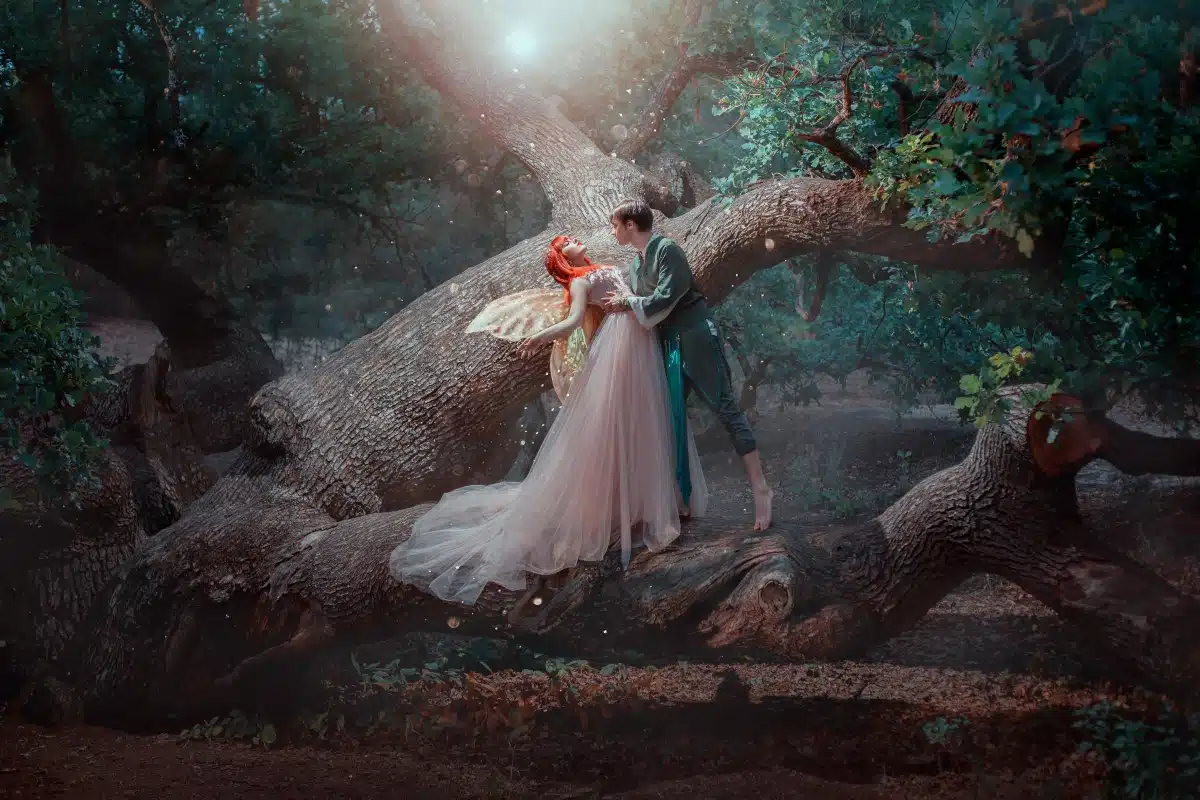
“Adultery” by Richard Le Gallienne
I saw a little burnished fly
Within my Mistress’ bodice lie,
Sipping lovely stolen sweets
From her ample rosy teats.
‘Small adulterer,’ said I,
‘Dost thou know where thou dost lie?
‘’Tis my lady’s bosom fine,
‘And thou dost sip what is not thine.’
“Eros” by Ralph Waldo Emerson
They put their finger on their lip,
The Powers above:
The seas their islands clip,
The moons in ocean dip,
They love, but name not love.
“Infidelity” by Minot Judson Savage
Who is the infidel, but he who fears
To face the utmost truth, whate’er it be?
Dreads God the light? and is his majesty
A shadow that in sunshine disappears?
Or leads he in the swift-ascending years
Into a light where men may plainer see?
He trusts him best, to whom the mystery
Hides nothing dangerous; who ever hears,
With faith unshaken, his new uttered voice,
And knows it cannot contradict the truth
It in the old time spoke. Whate’er it saith,
He fears not then, but bids his heart rejoice,
In old age trustful as he was in youth.
This only, though called infidel, is faith.
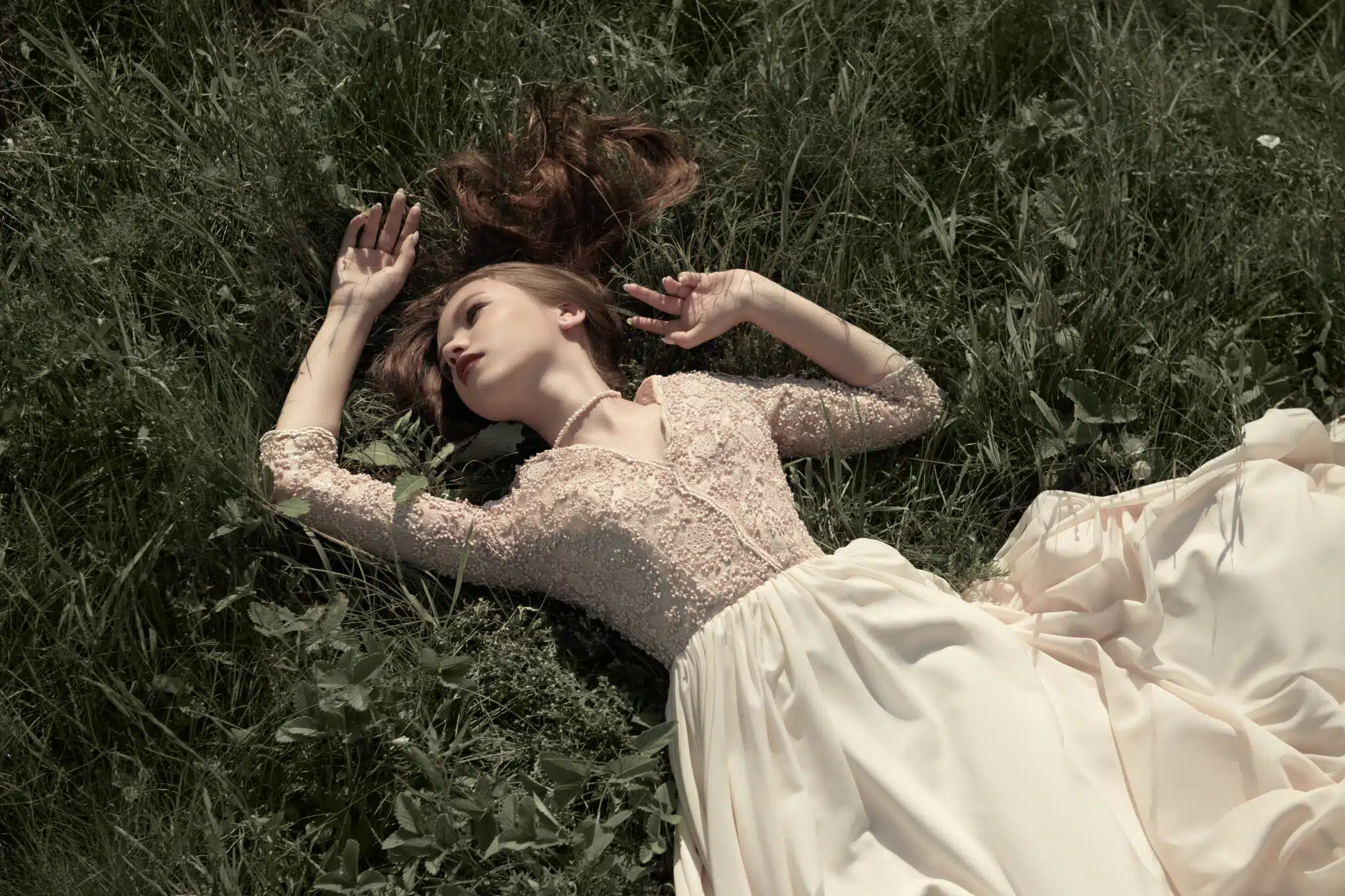
“O Do Not Love Too Long” by William Butler Yeats
Sweetheart, do not love too long:
I loved long and long,
And grew to be out of fashion
Like an old song.
All through the years of our youth
Neither could have known
Their own thought from the other’s,
We were so much at one.
But O, in a minute she changed —
O do not love too long,
Or you will grow out of fashion
Like an old song.
“For Daughters of Magdalen” by Countee Cullen
Ours is the ancient story:
Delicate flowers of sin,
Lilies, arrayed in glory,
That would not toil nor spin.
“The Alchemist” by Ben Jonson
The sickness hot, a master quit, for fear,
His house in town, and left one servant there;
Ease him corrupted, and gave means to know
A Cheater, and his punk; who now brought low,
Leaving their narrow practice, were become
Cozeners at large; and only wanting some
House to set up, with him they here contract,
Each for a share, and all begin to act.
Much company they draw, and much abuse,
In casting figures, telling fortunes, news,
Selling of flies, flat bawdry with the stone,
Till it, and they, and all in fume are gone.
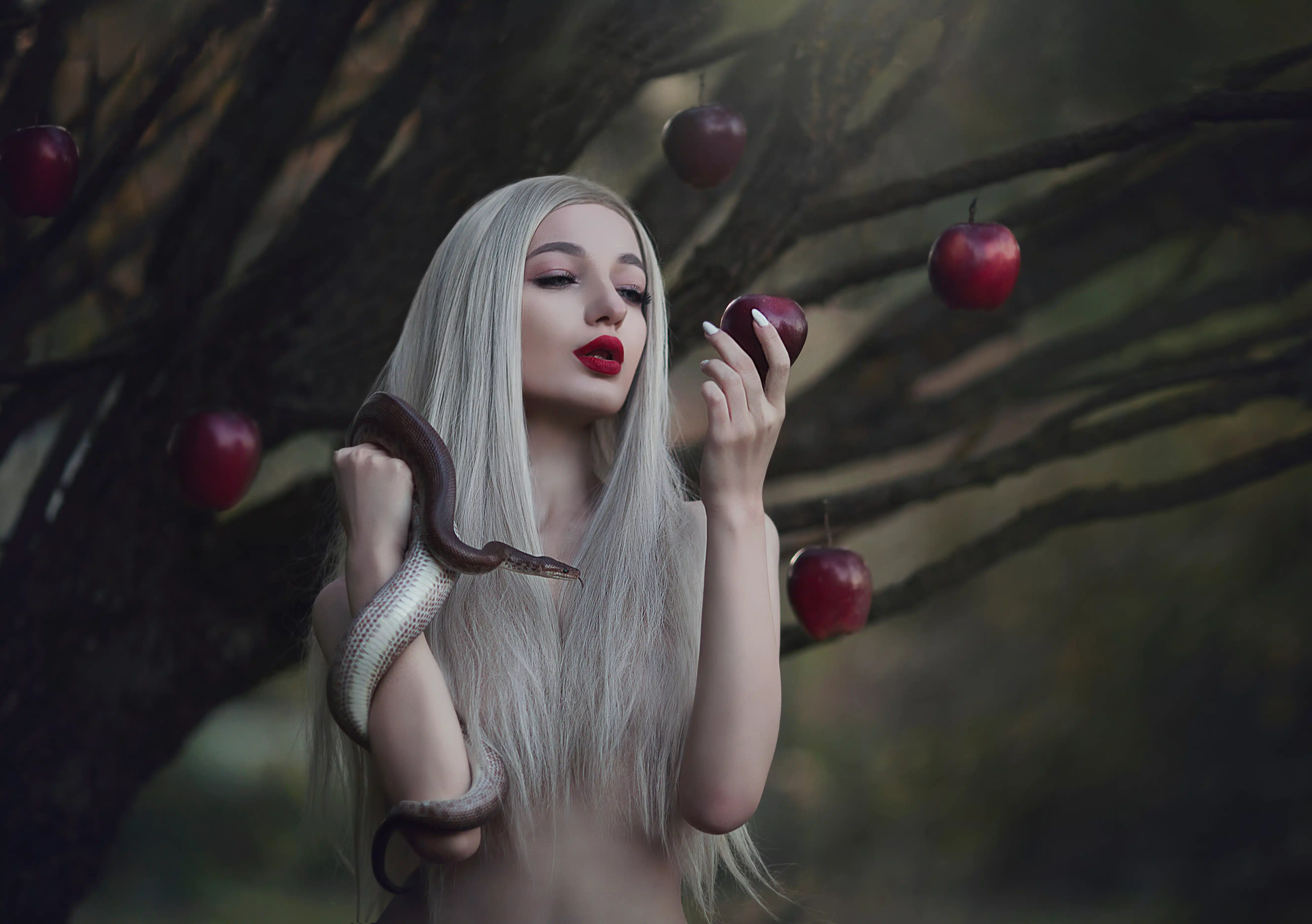
“All Things Can Tempt Me” by W.B. Yeats
All things can tempt me from this craft of verse:
One time it was a woman’s face, or worse—
The seeming needs of my fool-driven land;
Now nothing but comes readier to the hand
Than this accustomed toil. When I was young,
I had not given a penny for a song
Did not the poet sing it with such airs
That one believed he had a sword upstairs;
Yet would be now, could I but have my wish,
Colder and dumber and deafer than a fish.
“A Deep-Sworn Vow” by William Butler Yeats
Others because you did not keep
That deep-sworn vow have been friends of mine;
Yet always when I look death in the face,
When I clamber to the heights of sleep,
Or when I grow excited with wine,
Suddenly I meet your face.
“A Sailor’s Wife” by Matthew Prior
Quoth Richard in jest looking wistly at Nelly,
Methinks child you seem something round in the belly.
Nell answer’d him snappishly, how can that be,
When my husband has been more than two years at sea?
Thy husband! quoth Dick, why that matter was carried
Most secretly, Nell; I ne’er thought thou wert married.
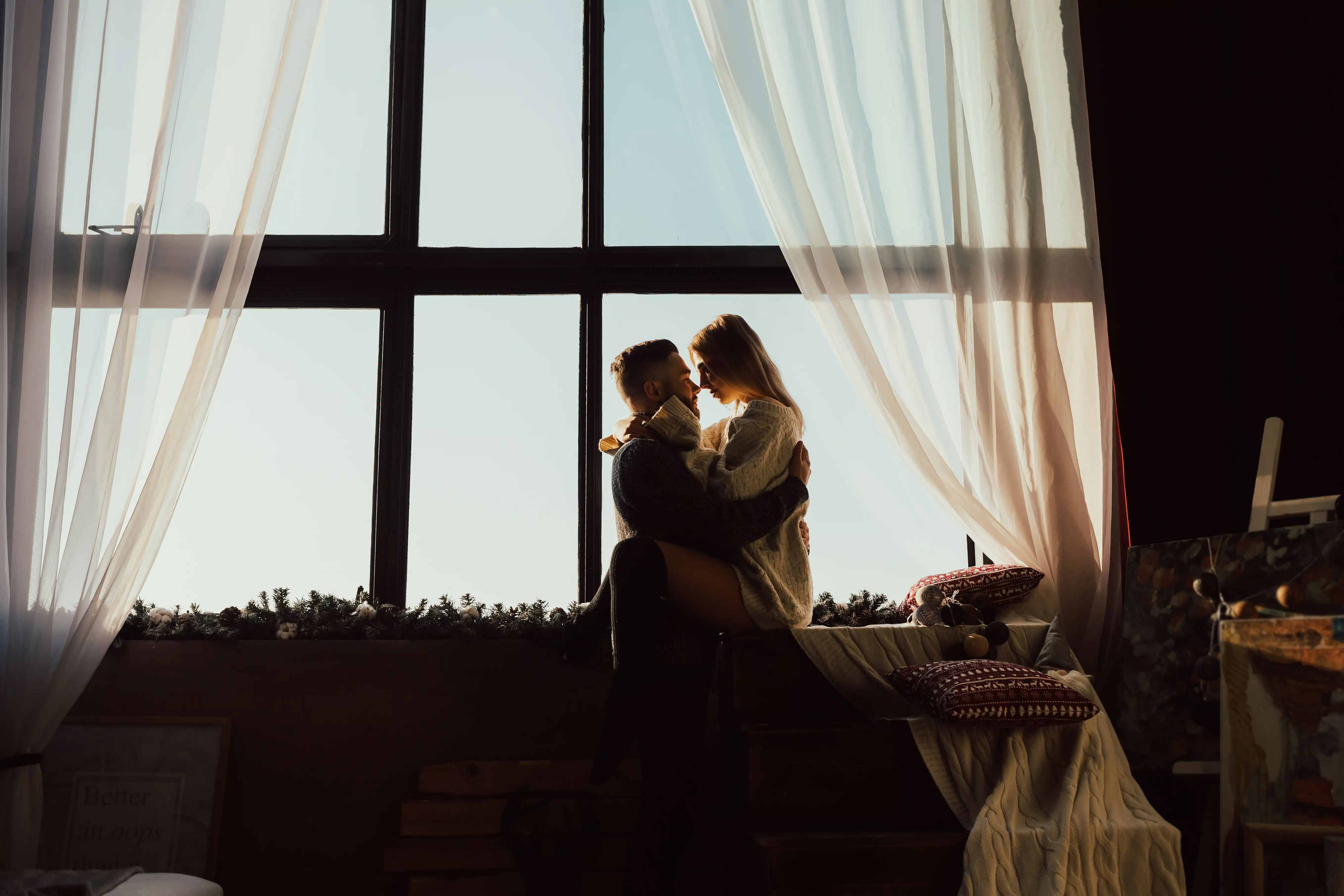
“My Dear Mistress Has a Heart” by John Wilmot
My dear mistress has a heart
Soft as those kind looks she gave me,
When with love’s resistless art,
And her eyes, she did enslave me;
But her constancy’s so weak,
She’s so wild and apt to wander,
That my jealous heart would break
Should we live one day asunder.
Melting joys about her move,
Killing pleasures, wounding blisses;
She can dress her eyes in love,
And her lips can arm with kisses;
Angels listen when she speaks,
She’s my delight, all mankind’s wonder;
But my jealous heart would break
Should we live one day asunder.
“Mistrust” by George William Russell
You look at me with wan, bright eyes
When in the deeper world I stray:
You fear some hidden ambush lies
In wait to call me, “Come away.”
What if I see behind the veil
Your starry self beseeching me,
Or at its stern command grow pale,
“Let her be free, let her be free”?
“Three Queens” by Edward Powys Mathers
Three sweet drivers hold the reins,
And hold the places of my heart.
A great people obeys me,
But these three obey me not.
Am I then a lesser king than love?
